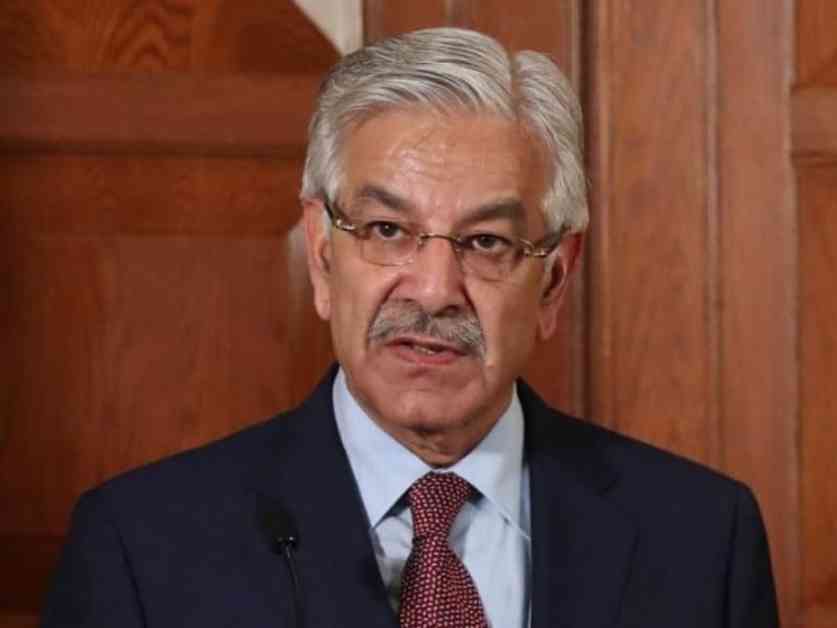Defence Minister Denounces Afghanistan’s Baseless Allegations
Defence Minister Khawaja Asif has vehemently denied recent allegations made by Afghanistan’s acting foreign minister, accusing Pakistan of harboring terrorist training centers. Express News reported that Asif dismissed these claims as an attempt to divert attention and shift blame onto Pakistan.
Asif refuted Afghanistan’s accusations, labeling them as baseless and unfounded. He pointed to a United Nations monitoring report that identified over two dozen terrorist groups, including the banned Tehreek-e-Taliban Pakistan (TTP), al-Qaeda, and ISIS, operating within Afghanistan’s borders. According to Asif, the report highlighted Afghanistan’s role as a breeding ground for terrorist recruitment and facilitation, particularly for ISIS, which has been active in the region since 2024.
The Defence Minister urged Afghan authorities to take immediate action to dismantle the terrorist infrastructure within their borders. He emphasized the need to prevent Afghan soil from being used as a launching pad for attacks against other countries.
A Call for International Cooperation
In response to Acting Afghanistan Deputy Foreign Minister Sher Mohammad Abbas Stanikzai’s claim that Da’sh operates training centers in Pakistan to train militants for activities in Afghanistan, Asif underscored the importance of international cooperation in combating terrorism. He emphasized the need for a collaborative approach to address the root causes of extremism and promote peace and stability in the region.
Asif’s strong denunciation of Afghanistan’s allegations reflects Pakistan’s commitment to combating terrorism and fostering regional security. By debunking baseless accusations and advocating for cooperative efforts to counter violent extremism, Asif’s statement underscores the importance of transparent dialogue and mutual trust among neighboring nations.
Building Bridges, Not Walls
As individuals, we must recognize the complexities of regional dynamics and the impact of geopolitical tensions on security and stability. By engaging in open, honest conversations and fostering understanding across borders, we can work towards building bridges of cooperation and trust.
Let us reflect on the shared challenges we face in combating terrorism and promoting peace in our communities. Together, we can transcend political rhetoric and divisive narratives to create a more secure and prosperous future for all. It is through mutual respect and collaboration that we can overcome adversity and build a safer world for generations to come.









